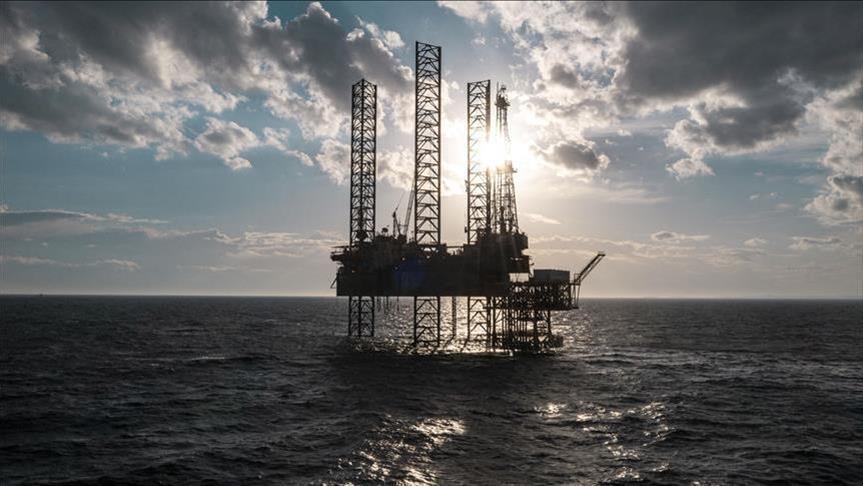
In October 2024, Türkiye's total oil imports experienced a notable decline of 7.82%, amounting to 3.91 million tons compared to the same month in 2023. This decrease is primarily driven by a significant drop in crude oil imports, which fell by 25.9% to 2.18 million tons. The majority of Türkiye's crude oil imports originated from Russia, totaling 2.15 million tons, followed by Iraq with 494,430 tons and Saudi Arabia with 321,754 tons [b2ff26bb].
Additionally, Türkiye's oil refinery product exports also saw a decrease, dropping by 26.71% to 947,436 tons. However, domestic oil product sales showed a positive trend, increasing by 10.9% year-over-year to reach 2.97 million tons. This shift in domestic consumption suggests a growing reliance on locally available oil products amidst fluctuating import volumes [b2ff26bb].
The decline in oil imports aligns with broader trends in the global energy market, where countries are reassessing their energy strategies in response to geopolitical tensions and economic pressures. As Türkiye navigates these challenges, the implications for its energy security and economic stability remain crucial areas of focus for policymakers and industry stakeholders [b2ff26bb].